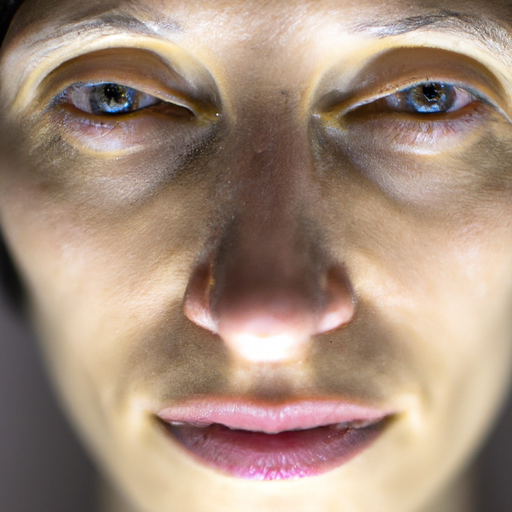As a medical professional, I have witnessed a myriad of skin conditions and the various ways people choose to manage them. One of the most common practices is the use of moisturizers. However, recently, I have noticed an emerging trend where individuals are choosing to quit using moisturizers altogether. This decision, while seemingly innocuous, can lead to unexpected consequences that can significantly impact one’s skin health.
The skin is the largest organ of the body and serves as the first line of defense against environmental factors. It is constantly exposed to harsh elements such as sun, wind, and pollutants, which can cause dryness, irritation, and premature aging. Moisturizers play a crucial role in maintaining the skin’s barrier function by locking in moisture and providing a protective layer against these external factors.
When you quit using moisturizers, the immediate effect is a feeling of tightness and dryness on your skin. This is because the skin is no longer receiving the extra hydration and protection it was accustomed to. Over time, this can lead to dullness, flakiness, and increased sensitivity as the skin struggles to maintain its natural moisture balance.
Moreover, quitting moisturizer can exacerbate existing skin conditions such as eczema or psoriasis. These conditions are characterized by a compromised skin barrier that leads to dryness and inflammation. Without the use of moisturizers, these symptoms can worsen, leading to increased discomfort and potential infection.
Another unexpected consequence is the acceleration of the aging process. Moisturizers often contain ingredients like hyaluronic acid and ceramides that help maintain skin elasticity and firmness. Without these ingredients, the skin can lose its plumpness and start to sag, leading to the formation of fine lines and wrinkles.
Quitting moisturizer can also disrupt the skin’s pH balance. The skin’s natural pH is slightly acidic, which helps to keep harmful bacteria at bay. Many moisturizers are formulated to match this pH, thereby supporting the skin’s natural defense mechanism. Without the use of moisturizers, the skin’s pH can become more alkaline, making it more susceptible to infections and breakouts.
However, it’s important to note that not all moisturizers are created equal. Some can contain harmful ingredients such as parabens, fragrances, and certain alcohols that can irritate the skin and cause allergic reactions. Therefore, it’s crucial to choose a moisturizer that suits your skin type and is free from these harmful ingredients.
In conclusion, while quitting moisturizer may seem like a simple way to streamline your skincare routine, it can lead to unexpected and potentially harmful consequences. As a doctor, I would advise against this trend and recommend maintaining a regular moisturizing routine to support your skin’s health. Remember, your skin is a reflection of your overall health and wellbeing, so take care of it with the same diligence you would any other part of your body.



